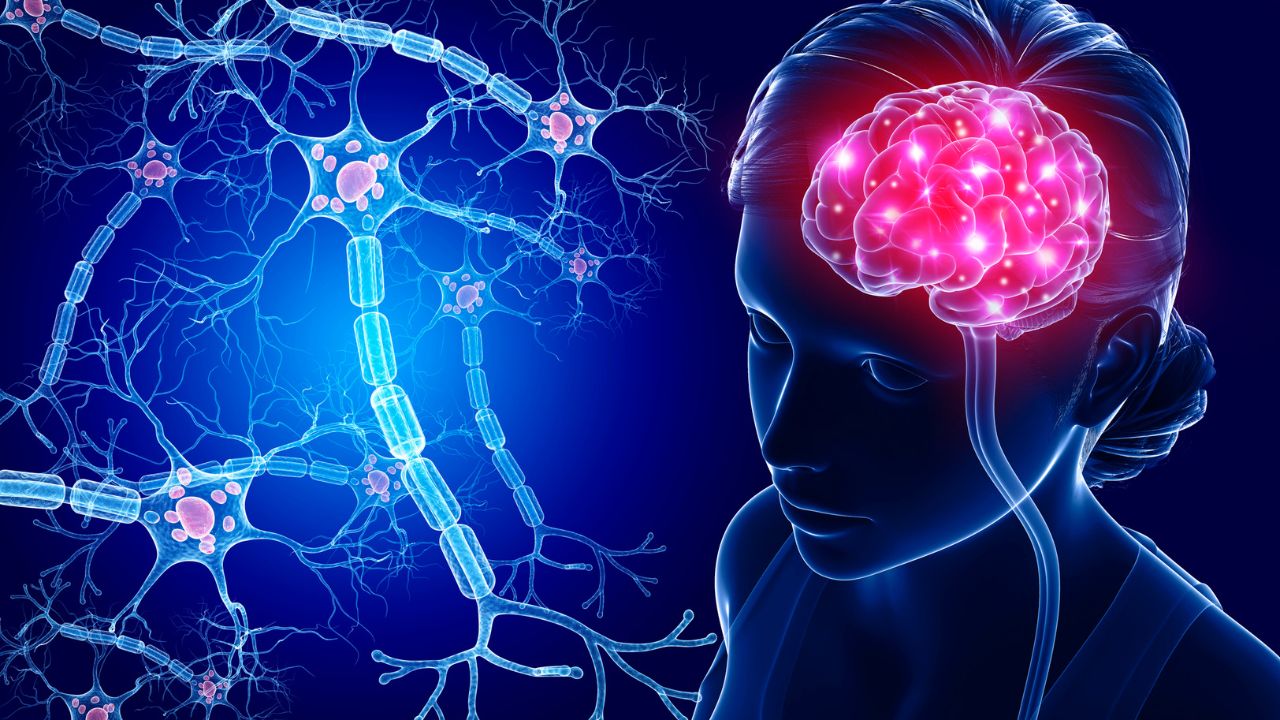The human brain, an intricate web of neurons and synapses, is perhaps the most remarkable and enigmatic organ in existence. It serves as the command center of our bodies, orchestrating our thoughts, emotions, memories, and actions. Despite centuries of scientific exploration, the mysteries surrounding the functioning of the human brain persist, leaving us awe-struck by its vast complexity and untapped potential.
At its core, the human brain operates through a complex interplay of billions of neurons, each connected to countless others through intricate neural networks. Through electrical impulses and chemical signals, these neurons transmit information, allowing us to perceive the world, make decisions, and engage in a myriad of cognitive processes.
One of the brain’s fundamental functions is cognition—the ability to acquire, process, store, and retrieve information. Through this intricate cognitive machinery, we perceive the external environment, interpret sensory inputs, form memories, solve problems, and engage in abstract thinking. Yet, the precise mechanisms through which these cognitive processes occur and the underlying neural structures involved are still subjects of intense scientific investigation.
Another captivating aspect of the human brain is its ability to adapt and rewire itself—a phenomenon known as neuroplasticity. This remarkable characteristic enables the brain to constantly modify its connections and neural pathways in response to experiences, learning, and environmental changes. Neuroplasticity underlies our capacity to acquire new skills, recover from injuries, and reshape our perceptions and behaviors.
However, there remain vast realms of the brain’s functioning that continue to elude our understanding. The intricacies of consciousness, the subjective experience of being aware and self-reflective, remain a philosophical and scientific enigma. The nature of human creativity, the mechanisms of decision-making, and the origins of complex mental disorders are also among the frontiers of neuroscientific exploration.
Advancements in technology, such as functional magnetic resonance imaging (fMRI) and electroencephalography (EEG), have provided glimpses into the inner workings of the human brain. These tools have allowed researchers to map brain activity, identify regions associated with specific functions, and observe changes in brain activity during various mental states. Nevertheless, these technologies are just scratching the surface of the brain’s intricacies, and much remains to be discovered.
In conclusion, the human brain, with its extraordinary complexity and untapped potential, remains one of the greatest frontiers of scientific inquiry. While significant progress has been made in unraveling its mysteries, we are humbled by the vast expanses of knowledge that still elude us. As we continue to explore the enigmatic terrain of the human brain, we venture into a realm that holds the promise of unraveling the essence of human cognition, consciousness, and the very nature of our existence.
Crossword Puzzle in Context
All the word you need to finish the crossword below can be found in the article above. Build you vocabulary bank and have fun!












0 Comments